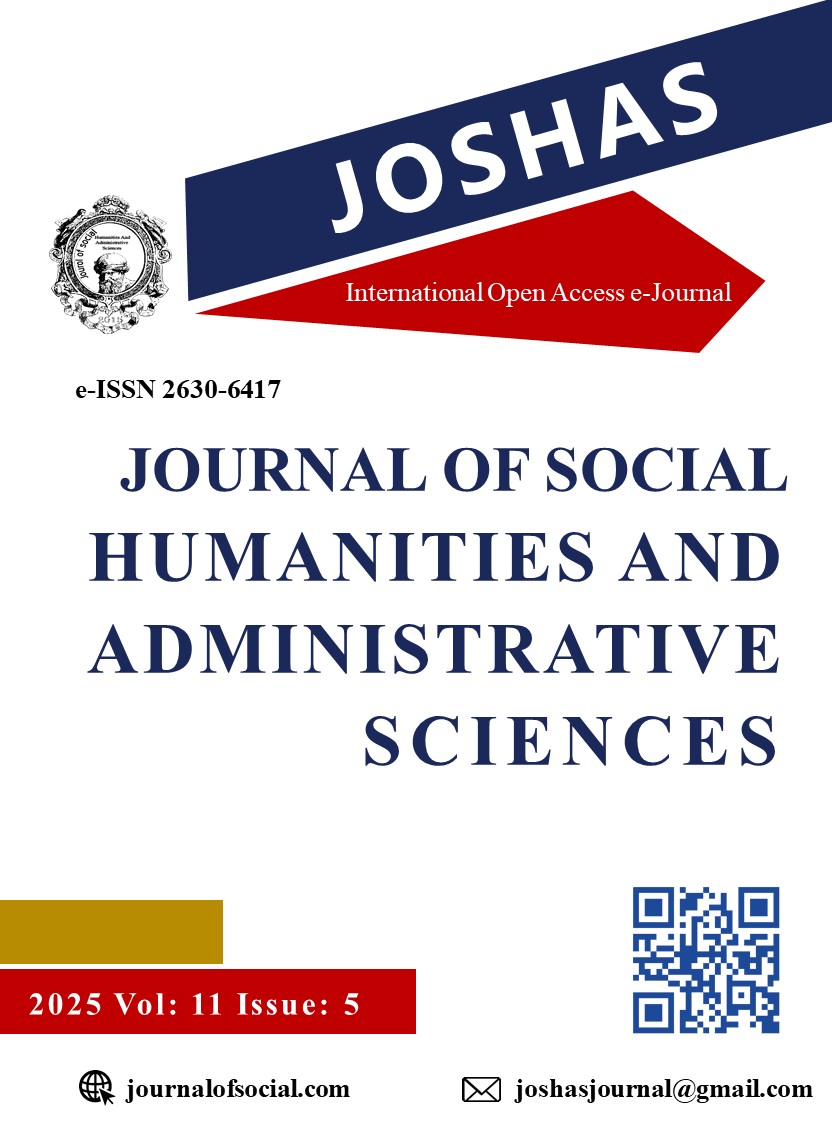Author :
Abstract
Keywords
Abstract
With the application of inflation accounting adjustments in 2023 for the first time after 2004, there have been significant changes in the financial data of firms. In this study, we examined the change in the Z scores of firms in the Borsa Istanbul SME Industry Index for the last five years and evaluated the effects of inflation accounting practices. While some firms strengthened their financial structures in this process (e.g., BURVA, OZRDN, ERSU, ALMAD), others experienced a decline in their Z scores in 2024 (e.g., ANGEN, OZRDN, POLTK). This is attributed to the effects of inflation accounting on asset valuation and equity structure. On the other hand, some firms experienced a decline in 2023 and a recovery in 2024 (e.g. IZFAS, ENSRI, SAMAT). Overall, the study concludes that inflation accounting adjustments lead to short-term fluctuations in firms' financial indicators, but contribute to a more sustainable financial structure in the long run. The study aims to shed light on future financial analysis and risk assessment processes by providing important findings on how inflation accounting adjustments affect firms' financial structures. In our study, we argue that inflation adjustment methods applied during periods of high inflation provide a more realistic presentation of financial statements and therefore make the bankruptcy risk calculations of companies more accurate. The analyzed financial data and Z-Scores support this claim. Therefore, we believe that our study makes an important contribution.





